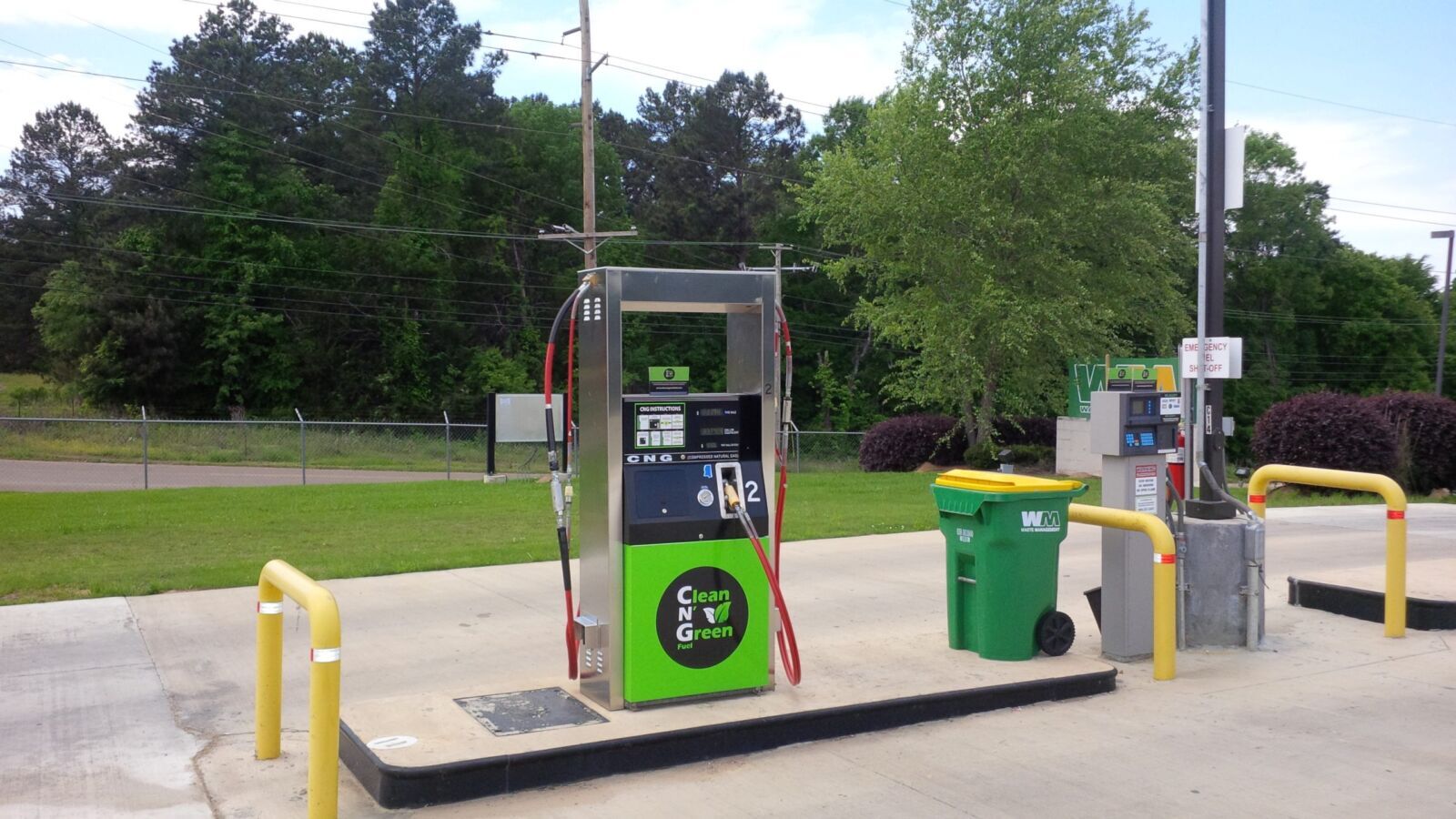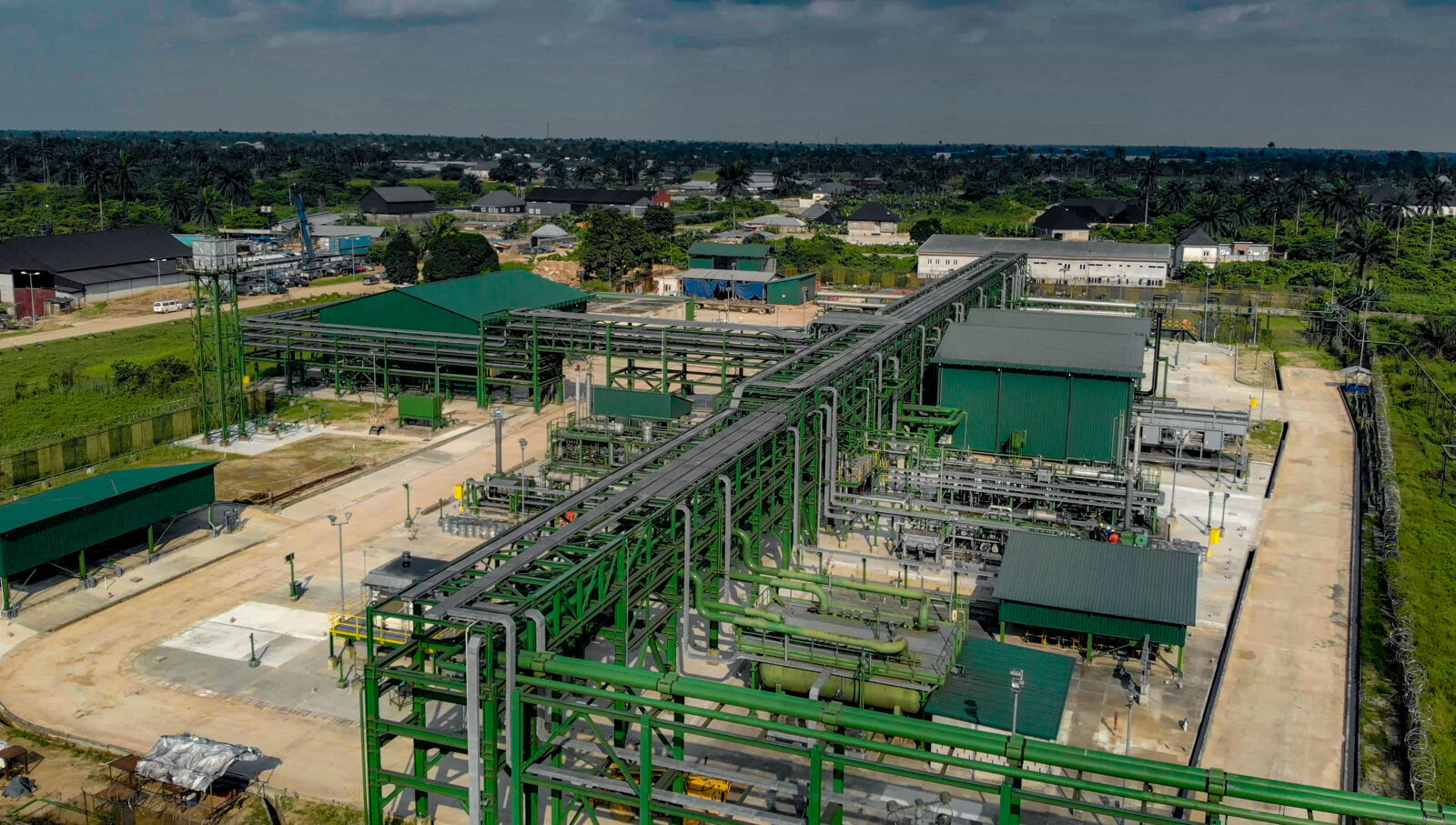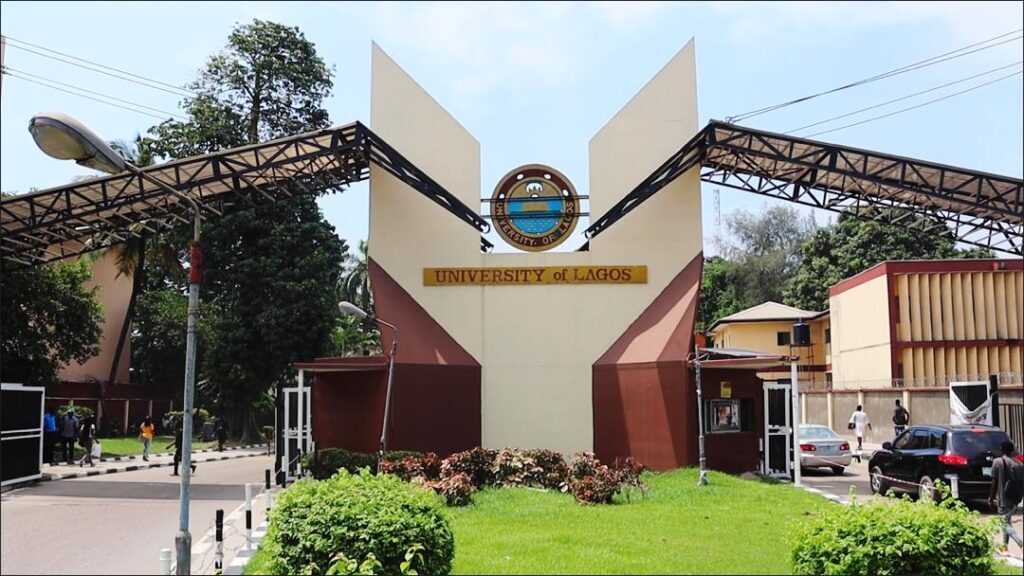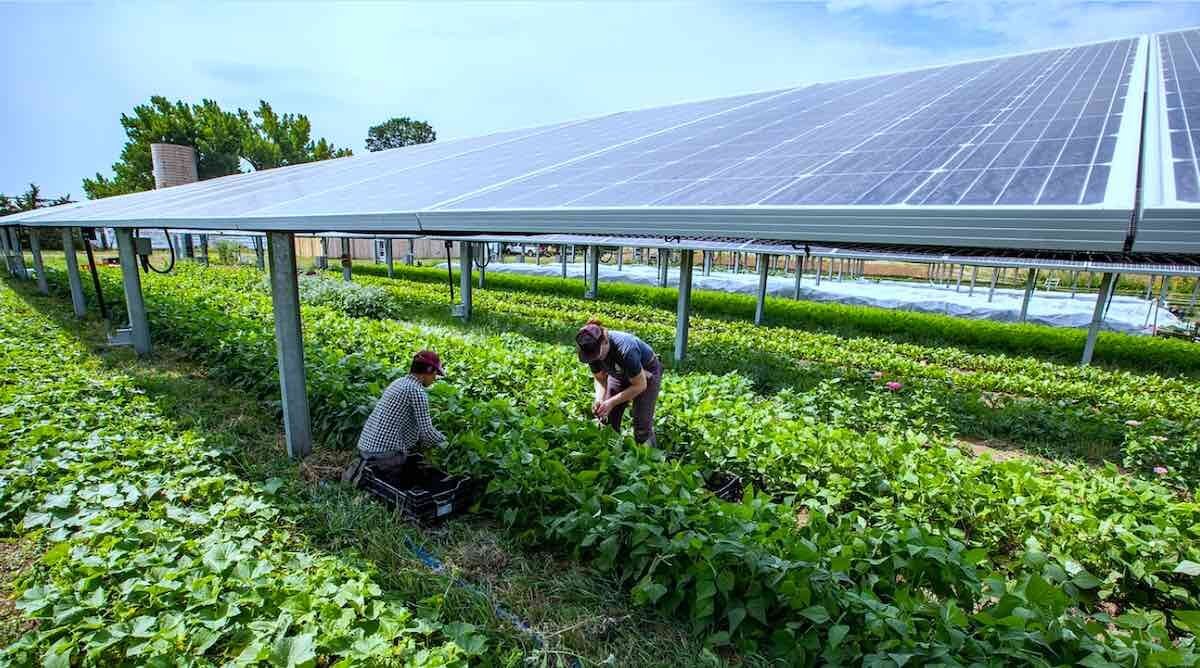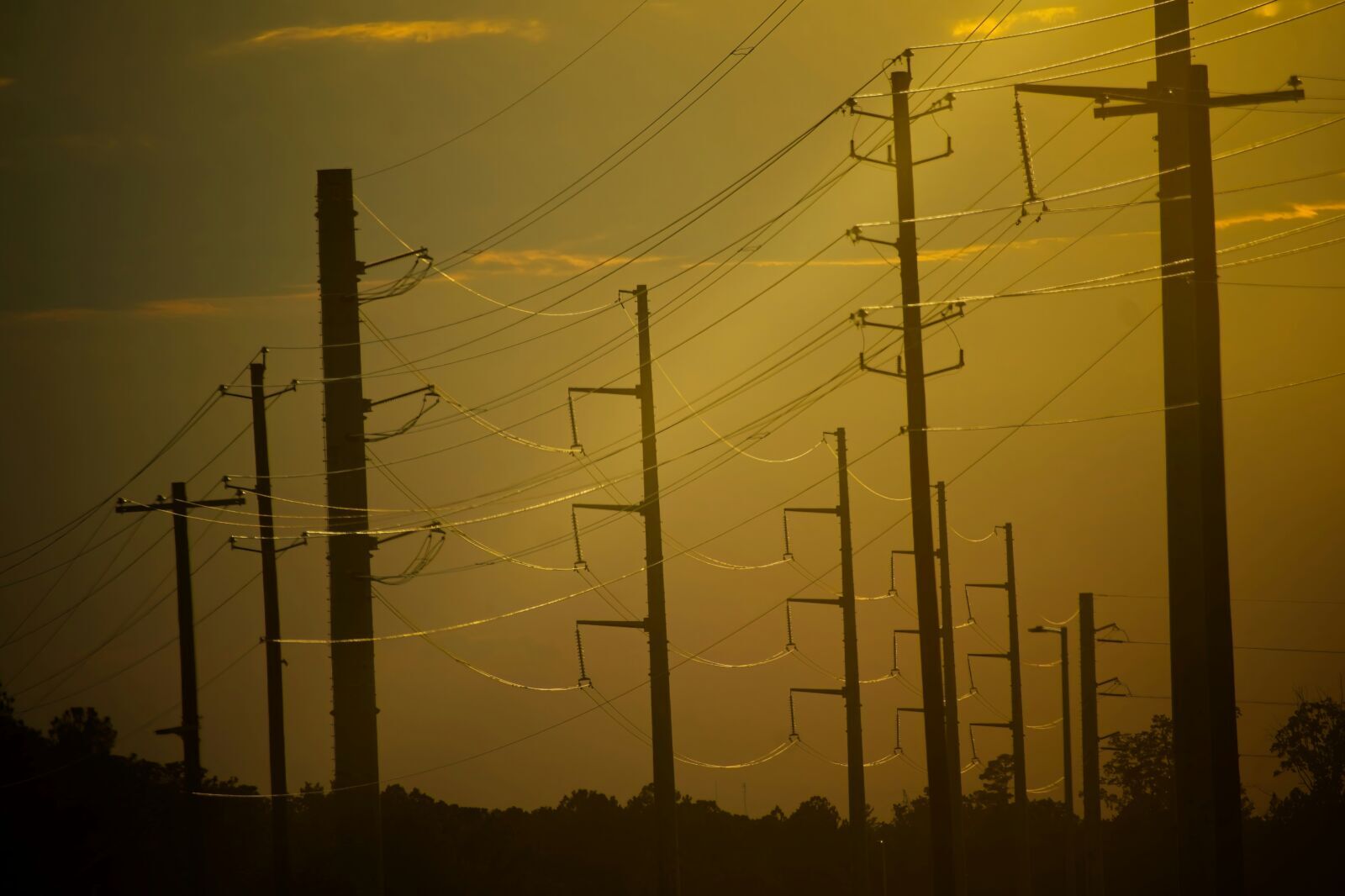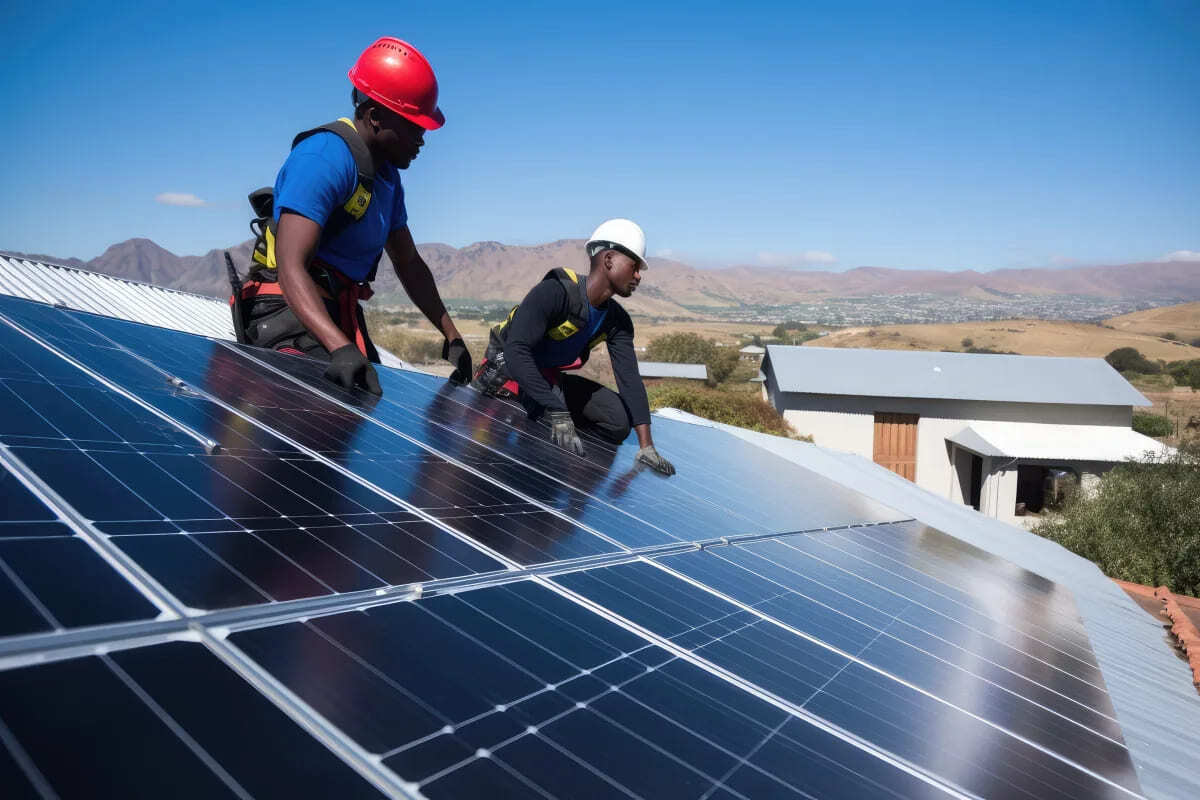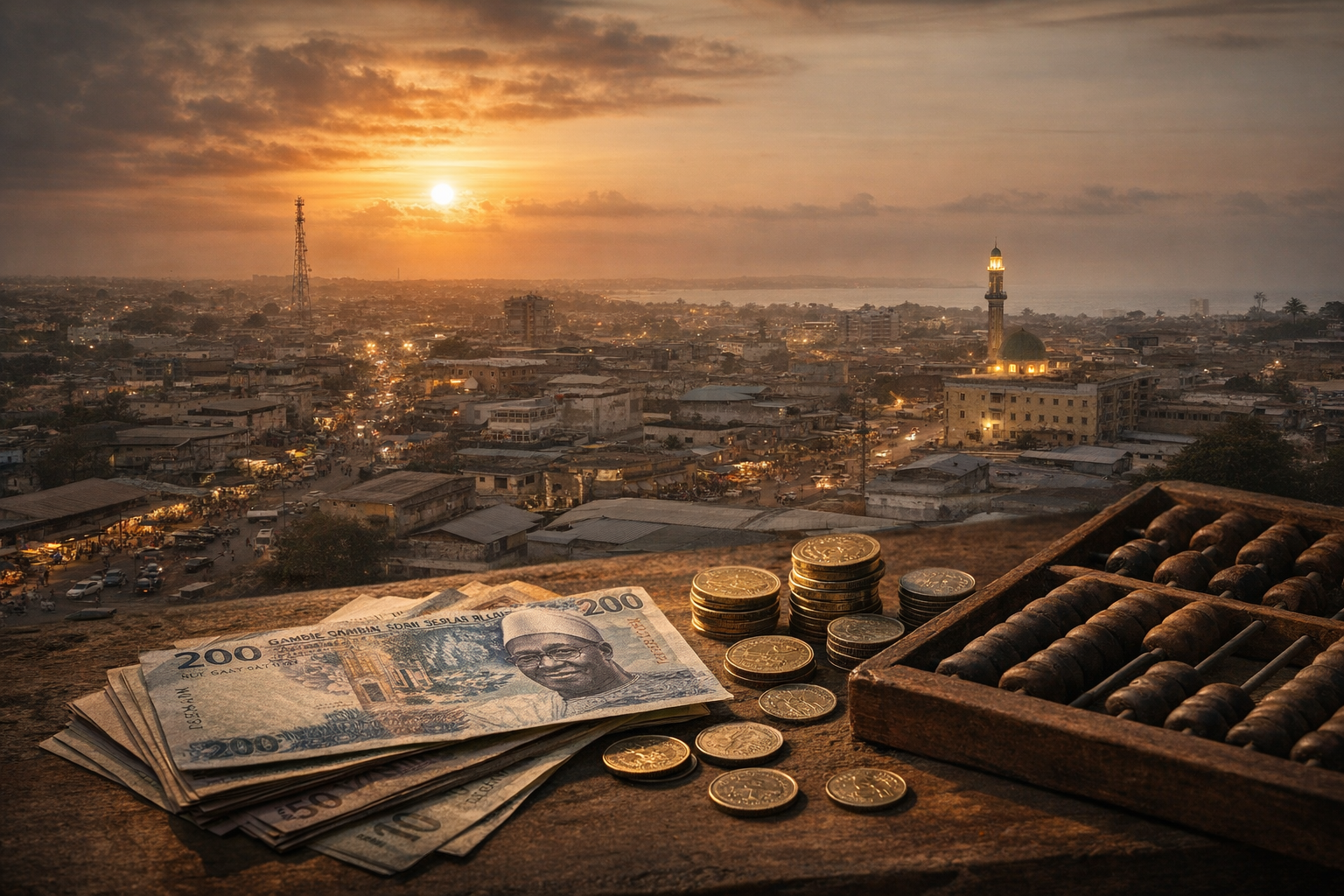$4 Trillion Waiting to Change Africa, Should We Miss the Moment?
A continent rich in potential, where climate risks threaten progress for millions every day. $4 trillion financing gap, if bridged, would redefine its future, support a growing population, and propel a green economic revolution.
According to a report jointly authored by “Lagos Business School, LBS Sustainability Centre and Stanbic IBTC”, it is not a dream; it is a call to act which echoes from boardrooms in Lagos to innovation hubs across Nairobi. With the surge in urban migration, ‘JAPA’ emigration, and climate shocks, sustainable finance is emerging as a lifeline of possibilities to unlock lasting change.
Sustainable Finance as a Game Changer
Africa’s investment narrative has always focused on deficits and chronic challenges. However, today, sustainable finance is starting to shape the narrative from “needs” to “opportunities. Multilateral Development organisations such as the African Development Bank, say Africa needs up to $4.5 trillion in annual investments to hit the Sustainable Development Goals (SDGs) by 2030. Knowing that Governments alone cannot do this, private sector players are stepping up, and impact investments, green bonds, and innovative capital are fast becoming bright stars, in the dark nights of the continent.
Nigeria, where 85 million people still lack grid electricity, one of the world’s largest energy access deficits, the issuance of green bonds by the Nigerian government in 2017, have become a catalytic tool, funding solar grids, off-grid power, and afforestation. A good example is Stanbic IBTC, whereby as of October 2024, its sustainable finance portfolio soared to N173 billion, about 7% of its loans, above the 2025 target.
Sustainable finance goes beyond environmental goals. It is about jobs, inclusion, and bridging the gender gap. The Basma Rice story in Kano reveals how loans help local food producers adopt cleaner, husk-powered boilers, reducing emissions and boosting employment, especially for women. M-KOPA Solar Nigeria, backed by a sustainability-linked facility, empowers millions with smartphone access and digital financial services, generating $1.5 billion in credit and avoiding over two million tons of carbon emissions, becoming a blueprint for sustainable business practices.
Fighting for A Worthy Future
Sustainable finance holds the promise of resilient cities, thriving communities, cleaner air, and long-term profits.
If Africa’s leaders, investors, and entrepreneurs embrace catalytic capital, blended finance, and green bonds, the region can build highways, power homes, and generate jobs, and still be protecting biodiversity, whilst lifting millions out of poverty.
A sight to behold, where millions of Africans are getting electricity, which is clean, green and environmentally friendly. Bright images of families with affordable, clean cooking energy, local businesses with increased value creation, and transformed cities complete with green infrastructure. The wave would stretch from agriculture (where climate-smart practices can feed the continent while preserving soils), to housing, transport, and water management. A good example, the IBTC Towers with its green modelled architecture setting global sustainability benchmarks.
However, if the continent fails to take the opportunities, the potential for increased development gaps and climate-induced disasters could leave Africa lagging in the global green race. The path to prosperity to Africa’s sustainability journey lies in areas such as green taxonomies, reforming policy frameworks, fostering transparency, and scaling investor-ready roadmaps, towards becoming a sustainable final Capital of the globe.
Making Africa the Green Growth Leader
Despite the potential, there is a need to step up the momentum. Business leaders, policymakers, and everyone across the continent must drive for the changes:
- Advocate for strong policy frameworks aligned with international sustainability standards. Governments must build robust institutions, clarify ESG criteria, and show transparency in public disclosure.
- Support green innovation and impact investing, through collaborative partnerships, climate-smart agriculture, investing in green bonds, etc.
- Champion transparency and accountability, demanding sustainability reports and honest ESG scores.
- Educate and inspire others, through community forums, African storytelling narratives of local green success, and enhance the visibility of sustainable finance initiatives.
- Make sustainable choices in business and lifestyle, by choosing products and services from ESG-oriented companies and participating in investment funds directed at transformative green projects.
Africa’s $4 trillion financing gap demands decisive action today. This way, we create opportunities for securing sustainable prosperity and resilience for generations yet to come.


